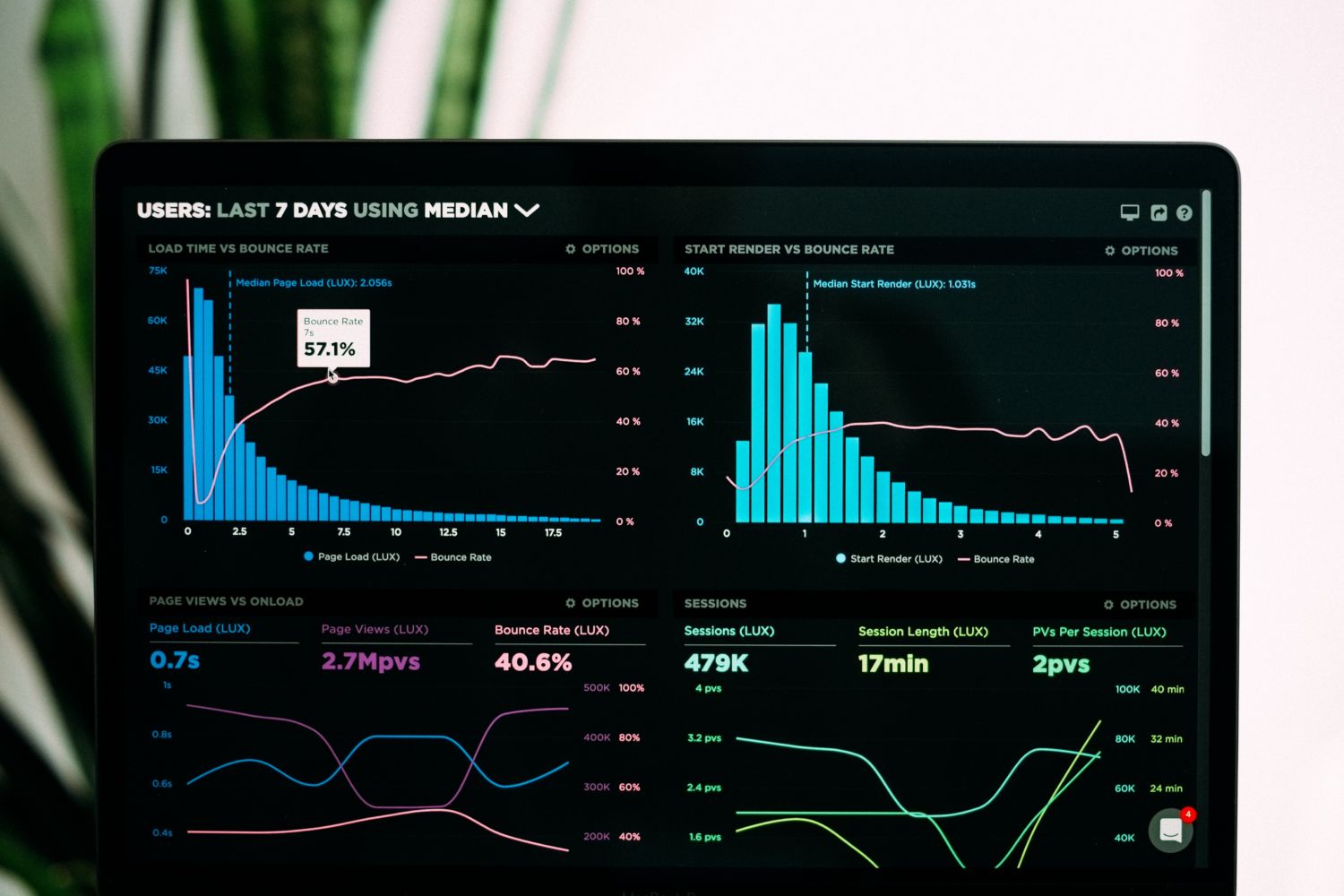Inside TD’s new data program for nonprofits
Why It Matters
The capacity to analyze data is increasingly important for social mission organizations, to ensure decisions are made based on evidence and foresight. While much of the private sector has been using data analytics tools, with businesses racing to have the best metrics, we are now seeing more non-profits adopting these practices — and TD has launched a new program to accelerate adoption.

Making use of data analytics couldn’t come sooner to most non-profits. Data analytics comprises a series of tools and techniques that enable organizations to collect and analyze information to help them make better decisions. Businesses everywhere are racing to have the best data analytics, but it’s hard for many non-profits to bring in strong data talent. This is why TD’s new program that matches their data scientists and analysts with non-profits is so timely.
TD has always been known for giving with a generous community program. “We realized that we could give far more than just our service,” said Peter Husar, who heads TD’s analytics strategy. “We knew that offering skills-driven volunteering, particularly in the data and analytics space, could be even more valuable to our non-profit partners.”
Husar remarked that it was really two things that came together: a desire to get rid of silos in their data and analytics community across the bank, paired with their desire to give back. They created a program called TD Mindpower — effectively a pro-bono skills-based initiative to help non-profits.
This was a dream come true for Mack Rogers, Executive Director of non-profit, ABC Life Literacy Canada. “We’re a small national organization, so upskilling can be hard. We know that data can be valuable to everything that we do, but we haven’t been able to support a role or capability for it.” With TD’s help, ABC was able to make better-informed decisions based on data analytics.
Some of the key ways that TD helped ABC was by shifting the ways that they collected, analyzed, and acted on data. Rogers occasionally described this as a “magical spreadsheet”, but there was more to it.
“We were first able to look at all our learner and practitioner data across our programs. The next phase was creating a customer service database, a fast tool that we could use to track and connect all the different parts of our organization.” In ABC’s case, it really did shift their strategy to focus more on their practitioners. Now, they are redoing all of their processes of communications, as well as program enrolment. According to Rogers, it’s all propelled by data.
The focus on data-driven decisions for organizations has been immense in the private sector and is becoming critically important for government and non-profits as well. The transformation in decision-making has happened at the same time as results measurement for non-profits has shifted from outputs to outcomes — and now to impact. Rogers calls this a “mature evaluation process”.
To illustrate this evolution, Rogers spoke about his time as a teacher. If he were to run a training program for students, the output would be 10 workshops. The outcome would be an increase in confidence among the students. Long term, the impact would be students getting a job and contributing to society.
In an impact-oriented evaluation model, it becomes even more important for non-profits to make decisions with data, based not on the type of activities they will do, but what impact those activities will drive.
One big question remains: how will ABC continue this important data analytics work after the talent from TD moves on to the next project? Mack says that there is already a real legacy from TD’S technical assistance. At ABC, they’ve now learned to truly think about data, and they’ve created a process. Since TD helped them on one project, they’ve already been able to apply the model to two other programs. As well as this, they’ve begun revamping the questions and analysis for those programs, entirely independently.
“We believe in the democratization of data and giving our partners access to data. That way they can generate their own insights, and make their own decisions,” said Husar. “I really think that data analytics can make us more effective as a society, and help us to build a better world.”
In a world of ambitious non-profits with limited resources, using data-driven tools can help organizations make the right decisions. There is a huge opportunity for community-minded companies to share their talent and tools with these organizations. And, as Husar said, democratizing data might be one of our best hopes for a better world.
